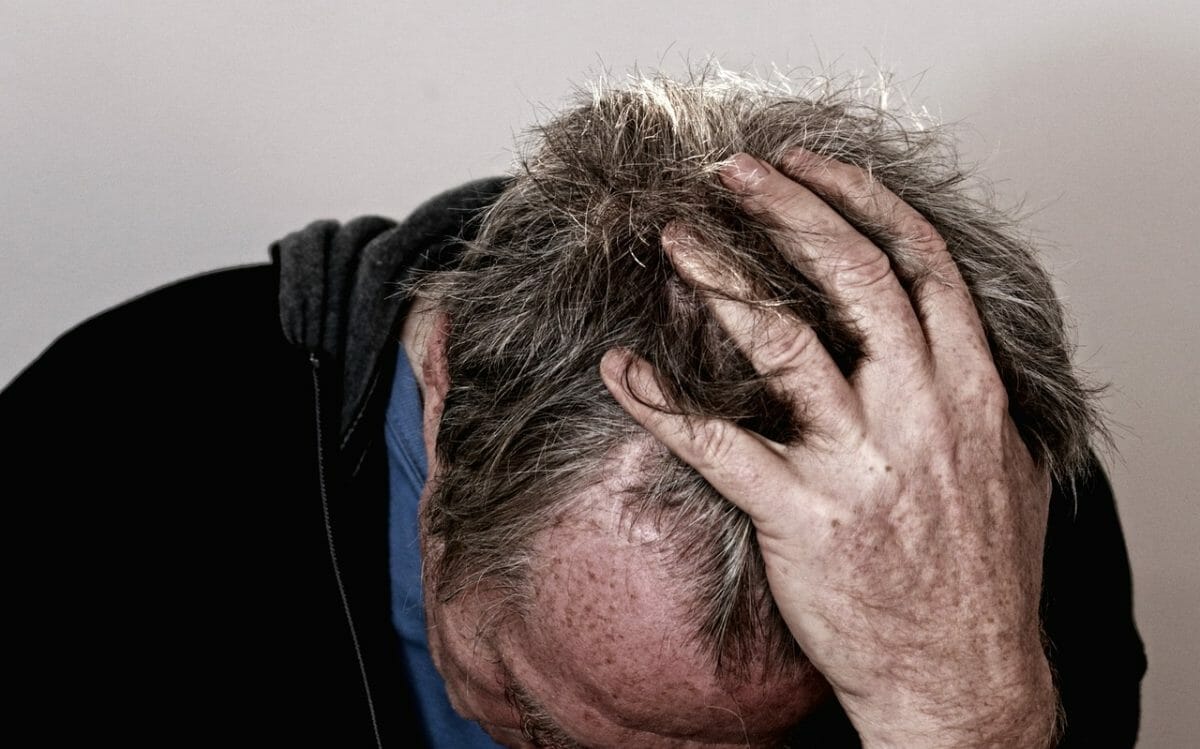Sleep apnea is a sleep disorder in which breathing stops and starts repeatedly. It can potentially be a serious condition. Sufferers of sleep apnea often use sleep apnea machines like the Philips CPAP and BiPAP machines.
With the Philips BiPAP machine, the air is pumped into the person’s airways. A higher pressure is used when sleepers breathe in and a lower pressure is used when breathing out. The Philips CPAP machine provides a continuous stream of air pressure through a mask. So, basically, both machines help to keep airways open during sleep.
People who suffer from sleep apnea and use CPAP and BiPAP machines can see a significant improvement in their sleep quality, daily life, and overall well-being. However, in June 2021, Philips recalled some of its ventilator machines due to potential health risks.
Since then, many people who used Philips’ CPAP and BiPAP machines have filed lawsuits against Philips.
What is the health risk from Philips’ CPAP and BiPAP machines?
Philips recalled their two types of ventilator machines when it was discovered that the polyester-based polyurethane foam used in the devices to reduce vibration and sound had the potential to break down.
When the devices break down, black pieces of the polyester-based polyurethane foam as well as certain invisible chemicals could potentially be breathed in or even swallowed by users of the devices.
When that happens, it can result in serious conditions that require medical intervention to prevent the problems from becoming permanent.
The Philips CPAP and BiPAP Recall Lawsuit
Lawsuits against Philips have been filed in federal courts across the United States. Due to the high number, they have been consolidated into the Philips CPAP recall lawsuit.
Though, due to the high number and people continually coming forward to file lawsuits against Philips, it is not currently known just how many people have experienced health problems as a result of using the CPAP and BiPAP devices.
What should you do if you think your health has been affected by using Philips’ CPAP and BiPAP machines?
If you used one of Philips’ CPAP or BiPAP devices and have experienced health issues that you think could be related to the recalled devices, the first thing you should do is see a doctor.
It is likely you will be screened for cancers and other illnesses related to the harmful particles and chemicals emitted by the devices. You can then explore treatment options.
If it is discovered that your health issues, such as cancer, lung damage, or respiratory injuries, are caused by or related to the hazardous machines from Philips, your next step should be to call a CPAP attorney who can help you to file a defective product lawsuit against Philips and pursue financial compensation.
What health conditions can be caused by the defective Philips ventilator devices?
We have already mentioned that the defective devices from Philips can cause cancers and other health conditions like respiratory problems, but in fact, the machines can potentially cause a wide variety of cancers and other health conditions.
For instance, people who used the Philips CPAP and BiPAP machines could develop reactive airway disease, asthma, respiratory disease, or lung or pulmonary disease.
They could also potentially develop one of the following cancers:
- Bladder cancer.
- Bone marrow cancer.
- Brain cancer.
- Breast cancer
- Esophageal cancer.
- Lung cancer.
- Multiple myeloma.
- Nasal cancer.
- Non-Hodgkin’s lymphoma.
- Testicular cancer.
- Thyroid cancer.
- Tonsil cancer.
So, if you have used one of Philips’ CPAP or BiPAP devices and you believe you have developed a health condition, make sure you visit a doctor for a diagnosis.
If it is found that you have developed one of the above conditions due to using one of Philips’ machines, you should then get in touch with an attorney to pursue the compensation you deserve.
